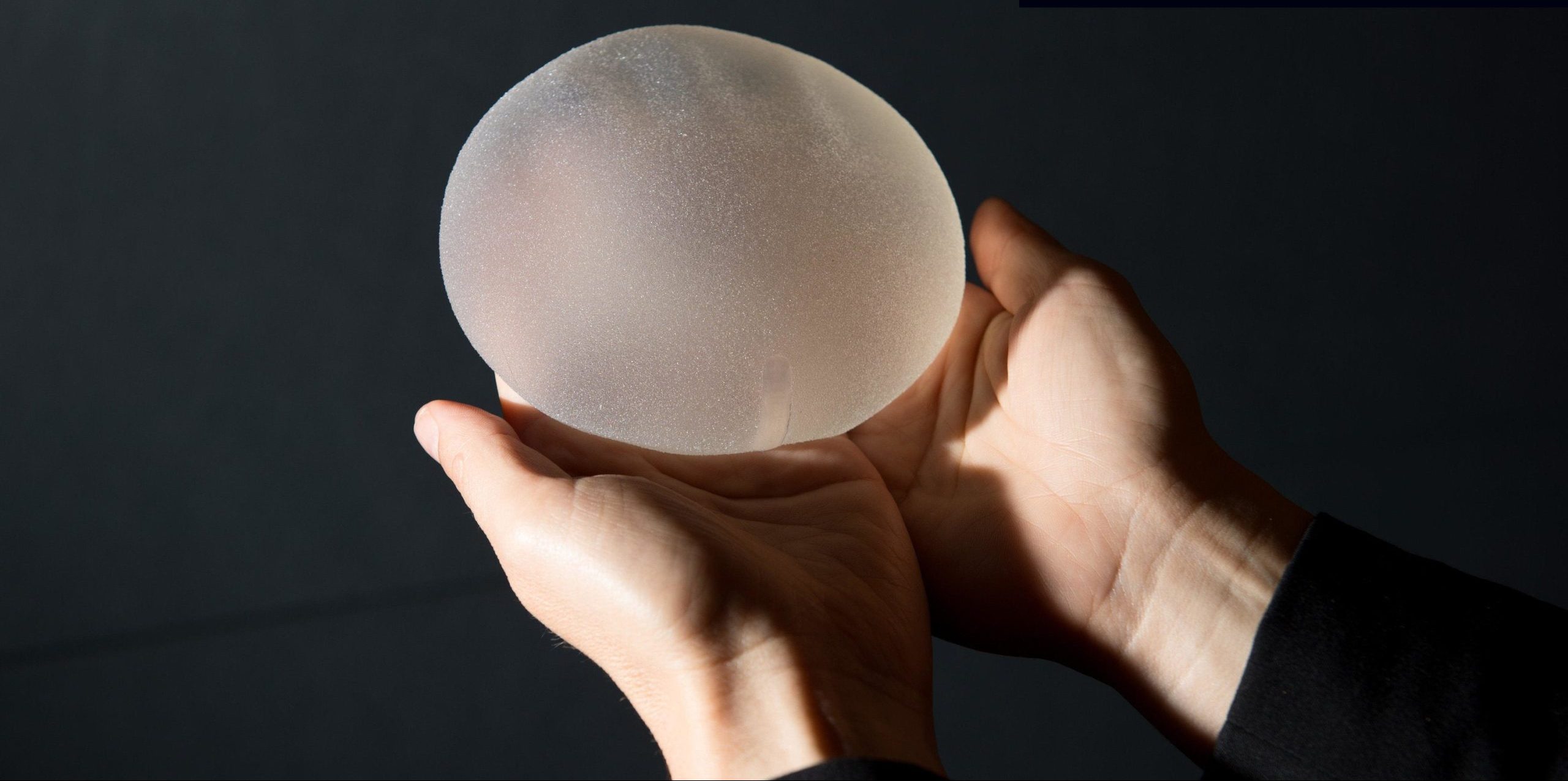The group has concluded that the advice given by the MHRA still stands and that there is not enough evidence to recommend routine explantation of these breast implants. The group also agrees there is no link with cancer.However, it is undeniably the case that these implants are made up of non-medical grade silicone and therefore should not have been implanted in women in the first place. We recognise that this will be worrying for women with PiP implants and that they need to be properly supported by those that performed the implantations.We have always recommended that if women are concerned they should speak to their surgeon or GP.The NHS will support removal of PIP implants if, after this consultation, the patient still has concerns and with her doctor she decides that it is right to do so. The NHS will replace the implants if the original operation was done by the NHS. We expect the private sector to do the same for their patients. We believe that private providers have a duty to take steps to provide appropriate after-care to patients they have treated. Private providers have legal obligations to their patients. The NHS will offer a package of care for its patients, and we expect the private sector to do the same. The NHS offer is:All women who have received an implant from the NHS will be contacted to inform them that they have a PIP implant and to provide relevant information and advice. If in the meantime NHS patients seek information about the make of their implant then this will be provided free of charge.Women who wish to will able to seek a consultation with their GP, or with the surgical team who carried out the original implant, to seek clinical advice on the best way forward.If the woman chooses, this could include an examination by imaging to see if there is any evidence that the implant has ruptured.The NHS will support removal of PIP implants if, informed by an assessment of clinical need, risk or the impact of unresolved concerns, a woman with her doctor decides that it is right to do so. The NHS will replace the implants if the original operation was done by the NHS. We are working with the private sector to best ensure an equivalent model of care is provided – we do not think it is fair to the taxpayer for the NHS to foot the bill. If a clinic that implanted PiP implants no longer exists or refuses to care for their patient – where that patient is entitled to NHS services, the NHS will support the removal of PiP implants in line with the guidance above. Any NHS service in that respect would not include the replacement of private cosmetic implants. The Government will pursue private clinics with all means at its disposal to avoid the taxpayer picking up the bill.The expert group has not been able to establish if the rupture rate is higher for PiP implants than for others.Reports show that, of the PIP implants that have been tested, there is no risk of dangerous toxins leaking into the body if an implant did rupture.However, we are not confident that the manufacturer did not change the silicone in the implants, so cannot rule out the possibility that some are toxic.Going forward, we need to do everything we can to ensure the safety of people having cosmetic surgery. It’s clear from the information we have received from the industry that the safety information it has provided to the regulator is patchy. Without good data, we have no way of knowing when problems arise.Bruce Keogh’s Expert Group will examine the wider issues around quality of data, surveillance and enforcement of the sector and sector regulation more generally.The Care Quality Commission is reviewing the evidence of providers’ compliance with registration requirements and considering a fuller programme of inspections based on that.France and the UK will continue to work together to share information and data. There is a shared determination between the two countries to prevent this situation from occurring again and the UK would like to work with countries across the EU to understand fully where the failures of this incident fall.Health Secretary Andrew Lansley said:“Throughout the past few weeks, my main concern has been for the safety of and compassion for women who have had PIP implants. It has been a worrying time for these women. We have at every stage sought to offer them as much advice and evidence as is available to us.“Our advice remains the same that there is not sufficient evidence to recommend routine removal. We have always recommended that women who are concerned should speak to their surgeon or GP. The NHS will support removal of PIP implants if, after this consultation, the patient still has concerns and with her doctor she decides that it is right to do so. “We believe that private healthcare providers have a moral duty to offer the same service to their patients that we will offer to NHS patients – free information, consultations, scans and removal if necessary.“Throughout this process we have followed expert advice. The data available to the experts has not been good enough to enable them to give a clear recommendation of the risk posed by PIP implants. We will therefore support women, including removal of the implant, if needed.”Professor Sir Bruce Keogh said:“The overriding consideration of the group is the safety and compassionate treatment of women with PiP implants. “On the basis of the information we have, we do not think it is necessary to recommend the routine removal of these implants. But we understand that some women will be very concerned so we support the Government’s position that the NHS will support removal of PIP implants if the patient has concerns and with her doctor she decides that it is right to do so.”
Department of Health statement on breast implants and response to expert group report


0 Comments